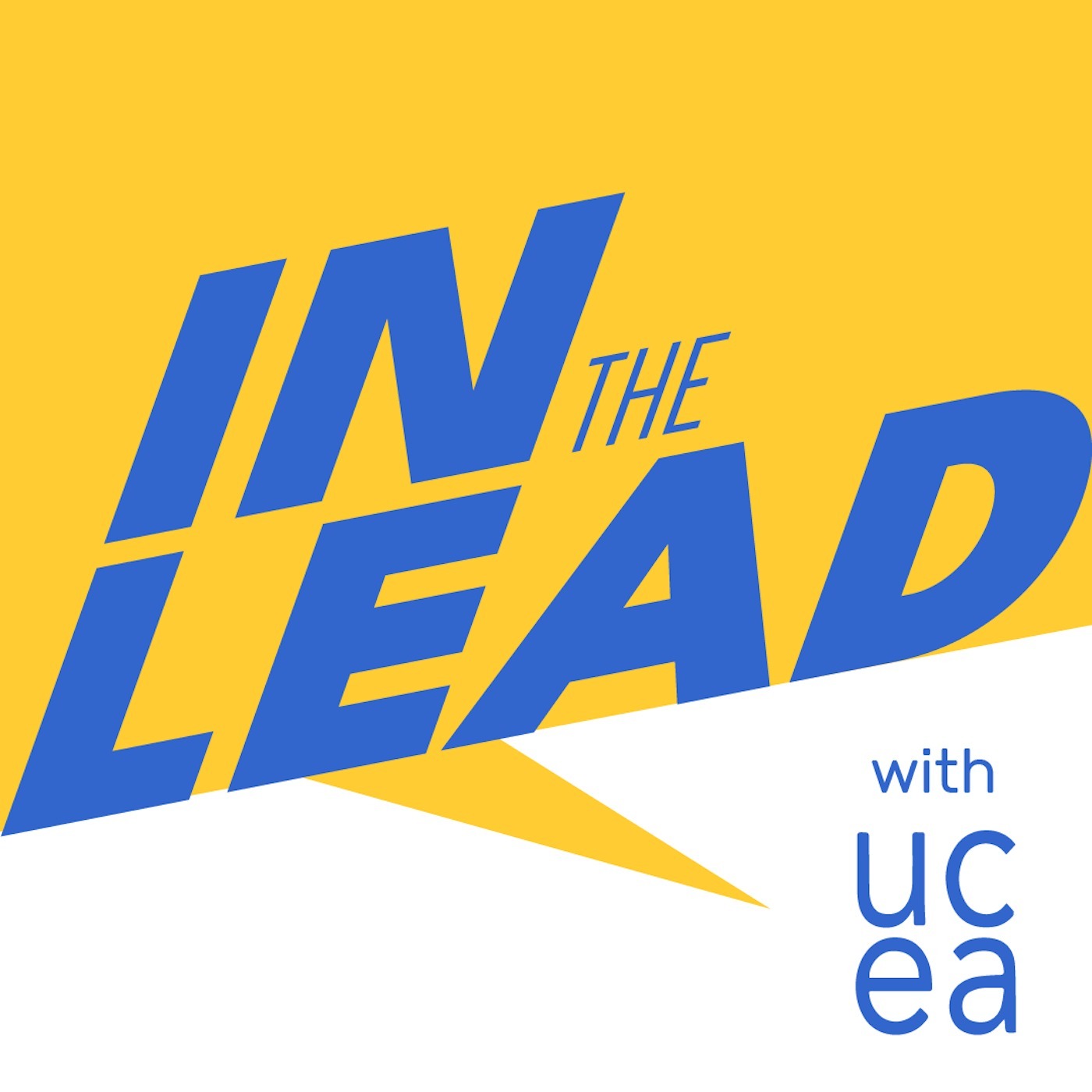Leading Toward a Global Future with Paula Cordeiro
24m | Jun 4, 2024In this episode of In the Lead with UCEA, Executive Director Dr. Mónica Byrne-Jimenez talks with Dr. Paula Cordeiro, Dammeyer Distinguished Professor of Global Leadership and Education at the University of San Diego, and president of UCEA from 1997-1998, about the globalization of ed leadership, and how the field has expanded internationally. Paula shares how her own journey started with a US-centric approach and expanded to international horizons, emphasizing how she saw cultural diversity enrich the fabric of academia. Paula brings with her a treasure trove of experiences, discussing the milestones that have reinvented educational leadership and policy, as well as the vital role UCEA has played in pioneering this expansive vision.
Paula and Mónica dissect the profound impact of global partnerships, the significance of study tours, and how these experiences have the power to improve our understanding of our domestic education systems. Paula also reflects on what she thinks UCEA’s role will be in this field going forward into the future. Paula’s insights shed light on the importance of cultural understanding and the transformative power of international collaboration in shaping the educational leaders of both today and tomorrow.
In the Lead with UCEA is produced by University FM.
Episode Quotes:
On exploring how knowledge generation has evolved over time
Phil Hallinger, I remember this distinctly. It was the late 1990s. Hallinger said to me, "Yeah, I'm going to Thailand." And I said, "Well, how can you possibly be a professor at Vanderbilt and also be a professor at Chulalongkorn University in Thailand?" And he did it. And that was the day that I said to myself, "I don't have to make my international interests tangential. I can put them in the core of my work because other professors are doing it." And by the way, I have to add, you know, Vanderbilt's a private university. UConn, public. It was harder. I get to USD. It's a lot easier to internationalize in the privates. It just is because we tend to be smaller with interdisciplinary work being supported and incentivized.
This is what Paula strongly believes in
A person who knows only one educational system knows no educational system. And it's when you're visiting schools, engaging in deep conversations with educators and policy makers in those nations, where you're exploring different practices. I learned about the practice of looping teachers in grades when I lived and worked in Venezuela. I thought it was so strange that a teacher, an elementary school teacher, moved from first to second to third grade with her students, and then would rotate back. When I came back to the U.S. and talked about that, you know, people were like, "What are you talking about? That's absurd." Well, fast forward… lots of school districts have adopted looping policies. Some of John Hattie's work looked at the impact of looping policies.
Finding her community in UCEA
As a new professor, I found my tribe. I found people who were passionate about school leadership. And it didn't matter if it wasn't international or not. They were just passionate about school leadership. So, that was key. And I think the other part was, you know, I was, I think, maybe about 38 when I became president. Somewhere around there. And it just gave me confidence being in the plenum, representing UConn there. And then sitting on the UCEA leadership group and being president just gave me confidence that I didn't have. And I felt respected by my colleagues. And I liked my colleagues. And I see UCEA doing that. I have several graduates that are UCEA faculty members from institutions that are UCEA members. And that's what UCEA does for them.
Show Links:
